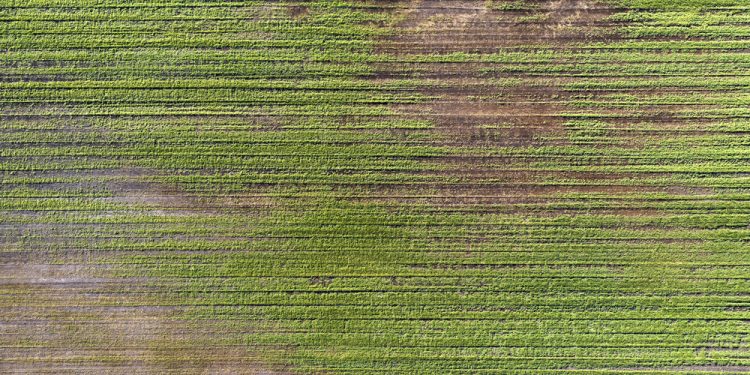#ClimateChange #Agriculture #Sustainability #Forestry #CarbonSequestration #GlobalEmissions #ClimateAdaptation #Farmers #ClimateSolutions #EnvironmentalImpact #EcoFriendlyFarming
Climate change is reshaping the world, and its impact on agriculture is profound. According to Zdeněk Žalud from Mendel University in Brno, the agricultural sector, though responsible for a quarter of global emissions, plays a crucial role in carbon sequestration, making its net impact mildly positive. As the average annual temperature in the Czech Republic rises, the sector faces increasing threats. The year 2023 is projected to be the warmest in the country, with an average temperature of 9.7 degrees Celsius, emphasizing the urgency of addressing climate change in agriculture.
Žalud highlights a significant rise in average temperatures, from 6.7 degrees Celsius in the period between 1800 and 1960 to 8.7 degrees Celsius in the present millennium. With this rise comes a surge in water evaporation, leading to drought conditions. Czech Republic, emitting approximately 0.5% of the total global emissions, ranks as the 20th largest emitter per capita globally and the 5th in the European Union. The per capita emissions in the country are four times higher than the world average.
In the Czech Republic, agriculture contributes six percent to total emissions, with other sectors, especially energy and industry, forming the majority. However, when combined with forestry, the landscape sees a 27 percent reduction in emissions through photosynthesis. Žalud emphasizes the positivity of agriculture in the global emissions balance. He also notes that the sector emits different substances than CO2, making up a minority of greenhouse gas emissions.
Climate change brings significant challenges to agriculture and forestry. Even if the Paris Agreement’s two-degree warming limit is met, the area affected by drought is projected to double. The last 15 years have seen drought even in meteorologically normal years, causing substantial losses in agriculture, reaching 11 billion CZK in 2015. Additionally, the impact on forests has been alarming, with emissions from dying forests adding an unusual dimension to the climate crisis.
To combat water evaporation and mitigate the impact on agriculture, proactive measures are necessary. Sustainability becomes the key focus, aligning with global efforts towards decarbonization and the closure of coal power plants. The interplay between climate change, agriculture, and forestry is complex, requiring a holistic approach for a sustainable future.
As the climate crisis intensifies, agriculture and forestry emerge as both victims and potential saviors. Adapting to the changing climate while embracing sustainable practices is crucial. The positive role these sectors can play in carbon sequestration should be acknowledged, and efforts should be directed towards creating resilient and eco-friendly farming practices.































